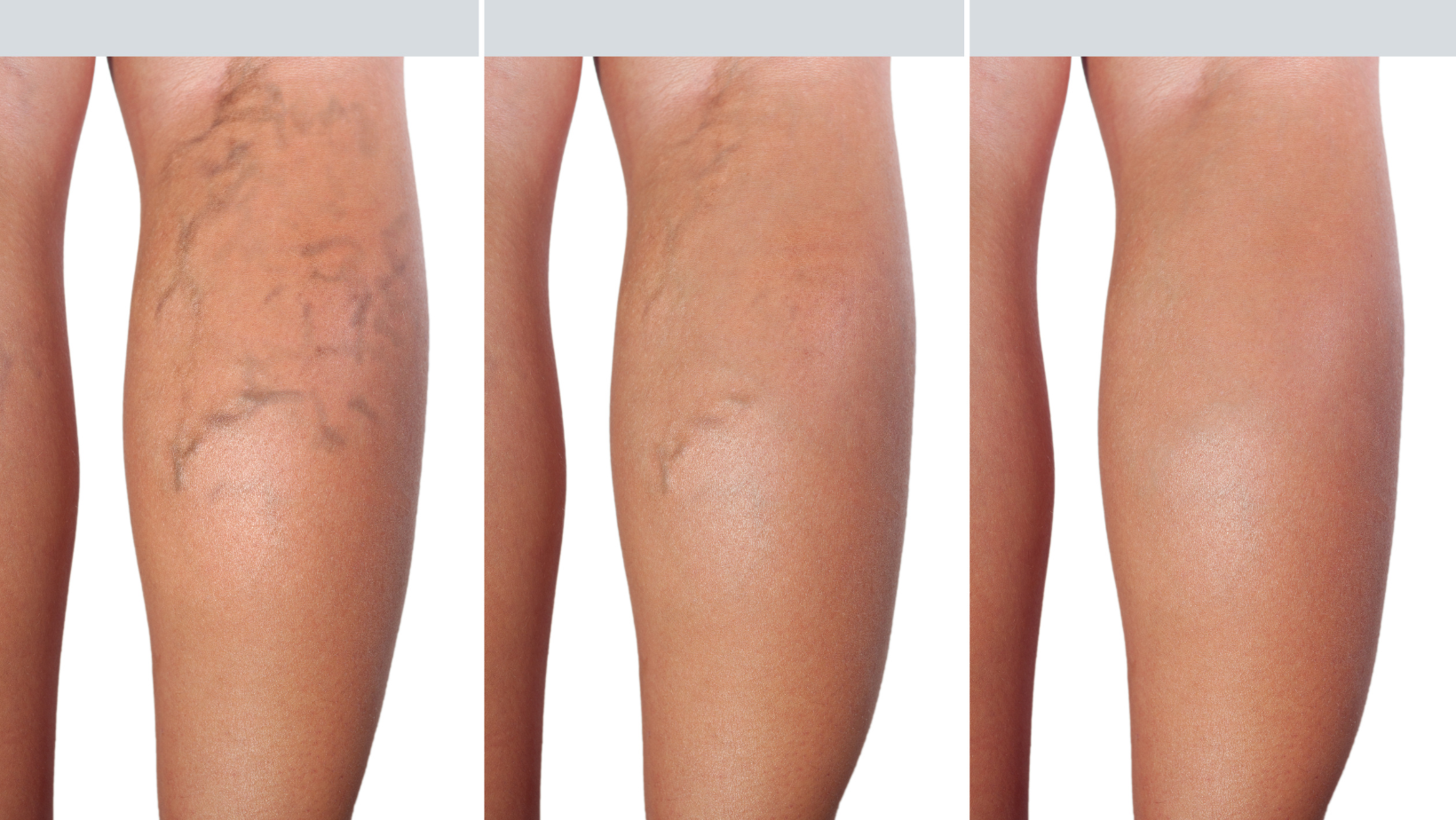
Treatment for Charlie Horse in Maryland
October 7, 2022
What to Expect After Sclerotherapy Montgomery County
October 14, 2022Chronic venous insufficiency occurs when your veins don’t allow proper blood flow back to your heart. This is often due to weak or damaged valves which allow blood to flow backwards and pool in the legs. So, what are the symptoms of chronic venous insufficiency and when should you speak to a doctor?
Risk Factors
Chronic venous insufficiency is more likely to occur in people who:
- Are overweight
- Have a family history of the condition
- Are pregnant
- Have experienced damage to the legs (injury, surgery, previous blood clots)
- Are inactive (standing or sitting for long periods)
- Smoke
- Experience swelling and inflammation in the leg veins (phlebitis)
Symptoms of Chronic Venous Insufficiency
While every case is different, there are common symptoms that point to chronic venous insufficiency. These include:
- Swelling in the legs and ankles
- Pain when walking that stops during rest
- Varicose veins
- Tight or heavy feeling in your legs
- Itchy, painful legs
- Brown colored skin near the ankles
- Leg ulcers
- Uncomfortable feeling in the legs and an urge to move your legs (RLS)
- Painful leg cramps or muscle spasms (Charlie horse)
Unfortunately, these symptoms may often seem like other health conditions. While CVI isn’t a serious condition, it can lead to pain and discomfort. So, its important to talk to your doctor about your symptoms.
Diagnosing and Treating CVI
After taking your medical history and performing an exam, your doctor may also do an imaging test called a Duplex ultrasound. This shows the blood flow and vein structure in your legs. It also looks at the speed and direction of blood flow in the vessels.
If you are diagnosed with chronic venous insufficiency, your provider will design a treatment plan tailored to your body. Treatment options include:
Improving blood flow. Wearing compressions socks and elevating the legs can help improve blood flow and reduce swelling. Regular exercise can also help.
Medication. Some medications help increase blood flow and reduce swelling.
Endovenous Laser Ablation or RFA. This minimally invasive procedure uses a laser to heat and close the vein to improve overall blood flow.
Sclerotherapy. This chemical injection seals the vein and forces blood to flow through proper vessels.
Surgery. In severe cases, ligation may be used. This involves tying off the affected vein to stop blood flow. In cases of severe damage to the valves or veins, the vein may be removed.
Specialist for Chronic Venous Insufficiency
If you have symptoms of chronic venous insufficiency, you should speak to your doctor. To learn more about testing for this condition, please contact The Vein Center of Maryland today.




